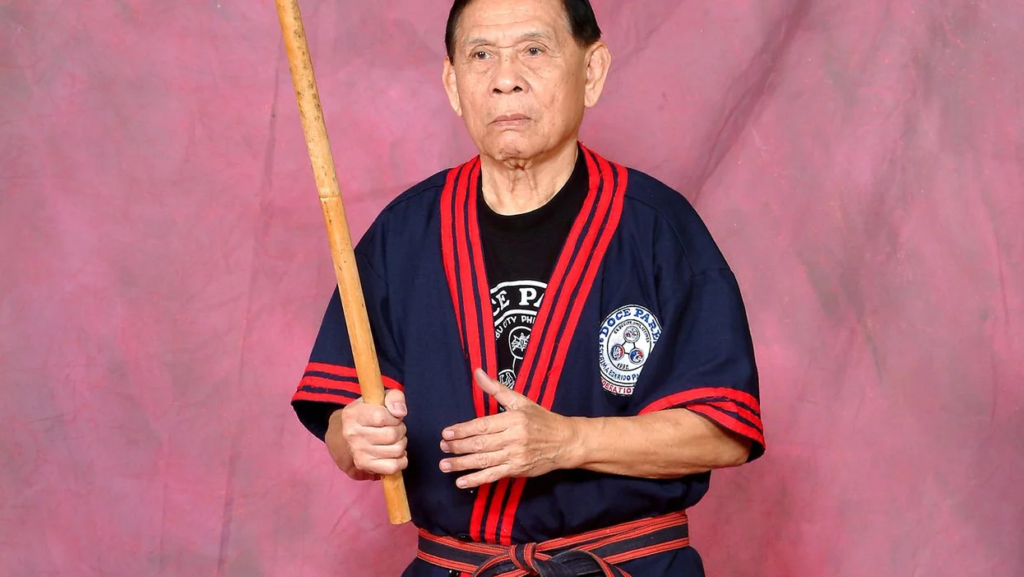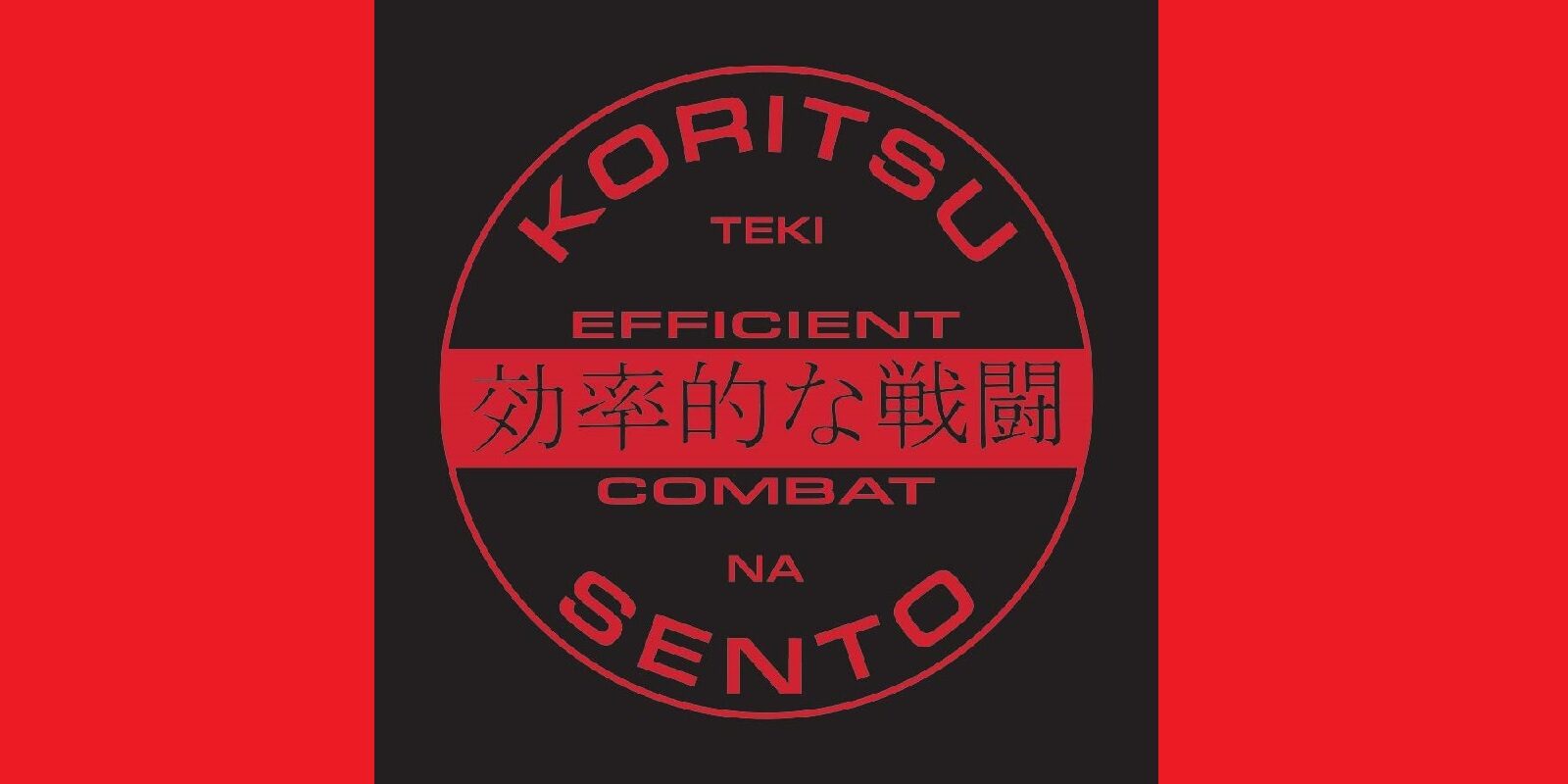January 28 | 2022

Universal Truth of the Martial Arts No. 9
Morality and ethics in the martial arts vary from style to style and instructor to instructor.
There are many who prefer the earthy directness and hands-on experimentation of Choki Motobu to the schoolteacher ethics of Gichin Funakoshi.
Well-known Filipino martial arts master Cacoy Canete (1919-2016) was interviewed many years ago. “The only way to prove that your style is the best is to accept any challenge,” he said. “How can you claim that your style is the best when you do not accept any challenge?
“That is why in our group whenever there is a student who refuses to fight, I always ask him to retire. What use will our techniques be if he has the technique [but] doesn’t use it in actual fights?”
Many doce pares students of Canete’s owe their lives to this philosophy.
In our modern Western society, however, it is not only unethical but also illegal to look for a fight. Yet it is also extremely foolish for martial artists not to be prepared to the best of their ability in case they are forced into one.
Ethics and morality are often used by instructors to enforce discipline on their students — and sometimes even to hide the fact that the instructor is incompetent in combat terms.
Part 10 Tomorrow
About the author: Erik Petermann teaches martial arts in Cape Town, South Africa.
Read Part 1 of “10 Universal Truths of the Martial Arts” here.
Read Part 2 of “10 Universal Truths of the Martial Arts” here.
Read Part 3 of “10 Universal Truths of the Martial Arts” here.
Read Part 4 of “10 Universal Truths of the Martial Arts” here.
Read Part 5 of “10 Universal Truths of the Martial Arts” here.
Read Part 6 of “10 Universal Truths of the Martial Arts” here.
Read Part 7 of “10 Universal Truths of the Martial Arts” here.
Read Part 8 of “10 Universal Truths of the Martial Arts” here.
